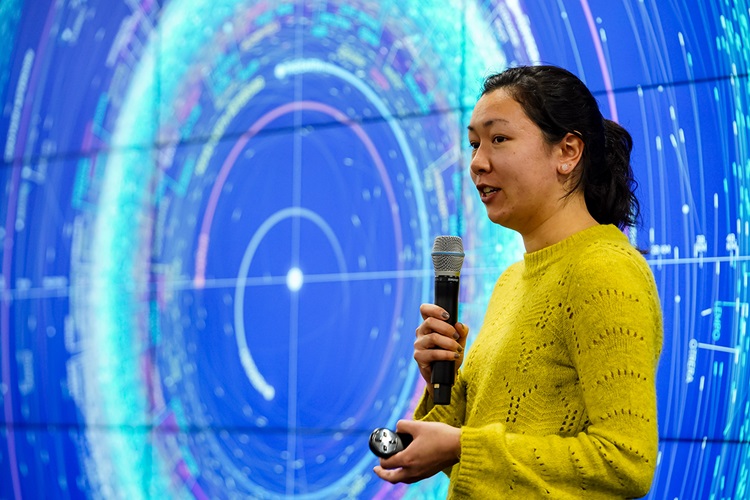
Session Proposals
#FIHM22 Session Proposals
The session proposals submission deadline was October 13, 2021.
The greater hydrology community requested and created this inaugural, biennial Frontiers in Hydrology Meeting to:
- communicate hydrologic science and its integration in other disciplines;
- formulate, implement and test innovative approaches to convene the water community in a format that elevates discussion rather than presentations; and
- create new multidisciplinary collaborations.
#FIHM22 intends to have both online and onsite sessions with a limited number of sessions that involve both audiences. Submitters are encouraged to design a proposal that will:
- Work well for audience interactions including shorter talks, audience engagement, and time for questions and answers.
- Provide access to all presentations and posters online (through pre-recordings, uploads, or live recordings)
- Expand open discussion and engagement times.
- Session times that are 60 minutes and include time for discussion.
We encourage session proposals with diverse groups of conveners and session chairs who can work together to broaden participation. Session proposals can also be collaborative with other groups within AGU and CUAHSI and we encourage proposals that are a collaboration with other professional organizations. When submitting a proposal, the convener can indicate a preference for one or more of the session formats below (e.g., discussion presentations, panel, poster, etc.). After abstracts are received, the final decisions are made by the #FIHM22 Program Committee.
About the Program
#FIHM22 principles include:
-
1Encouraging interaction, discussion, and debate
-
2Accommodating virtual presentations as much as possible
-
3Creating meeting experiences that are meaningful for in-person and virtual participants
-
4Encouraging diversity in conveners, presenters, and participants
-
5Engaging with the local community
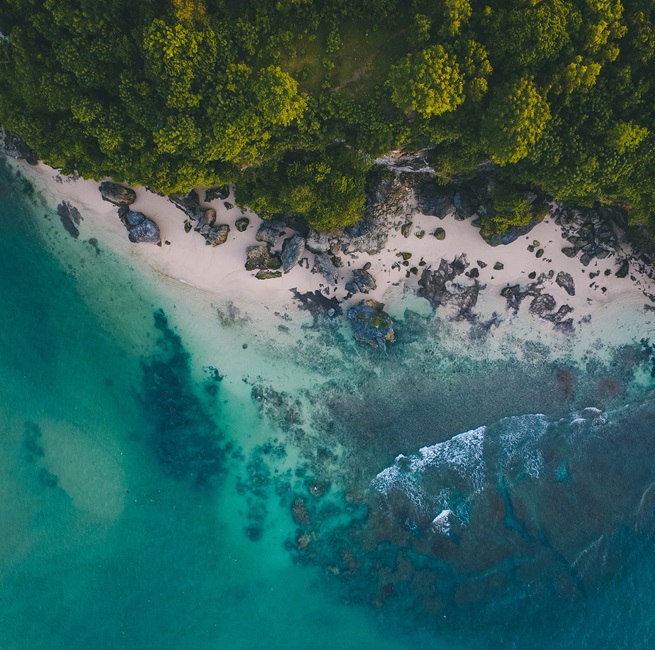
General Scientific Sessions Tips and Tricks
These sessions are discussions (covering all formats listed in session formats below), posters and panels. Here are the general tips and tricks for a successful scientific session proposal.
-
1Identify the primary convener who will be the main point of contact for the session. Each proposal must have between two and four conveners, including the primary convener. All individuals listed must have agreed to serve as a convener before submitting the proposal. Each session proposal should include at least one student or early-career individual (less than 10 years since PhD) as co-convener.
-
2Review session categories to determine where your proposal best fits and also consider if your session should be cross-listed with another category.
-
3Visit session formats to indicate your preference for the different types of scientific sessions, i.e., a discussion (oral or eLightning), poster or roundtable/panel or innovative session. The final decision on your session type is made by the Frontiers in Hydrology Meeting Program Committee.
-
4Proofread your proposal. You may submit more than one proposal, but ensure the topics are different and across disciplines. Proposals that are celebratory or honorary will generally not be considered. Proposals that are primarily advertisements of commercial products and services or contain the name of a specific experiment in the title/description will be not be considered. The Frontiers in Hydrology Meeting Program Committee may: move sessions to another or more appropriate session category than the one to which it was submitted, request conveners revise the session title and/or description or merge proposals on similar topics.
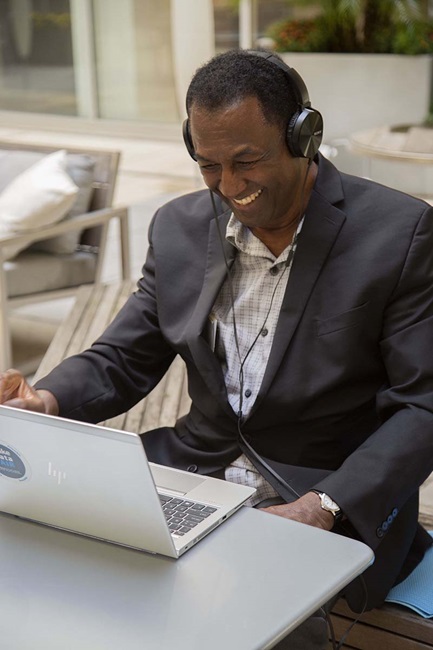
Session Categories
The Frontiers in Hydrology Meeting will focus on the Future of Water and will accept session proposals that focus on at least one of the following themes (index terms will be chosen in conjunction with each proposal theme). Within each of these themes, we are especially interested in sessions that connect with the location of the meeting (Puerto Rico and the Caribbean):
Supporting environmental justice and equity - Water can act as a driver, symptom, or solution to issues of environmental justice. We encourage sessions that focus on unequal exposure to hazards and risk, unequal access to water of sufficient quality and quantity for local needs, water in built systems (e.g., drinking water infrastructure), native population and water, water and health, and the role of water in creating and resolving conflict.
Developing the next generation – Training and career development in water-related disciplines must prepare students and early career professionals for a wide range of careers in academia, governmental, nonprofit and for-profit sectors. With the rapid evolution of technology, we must find new ways to support mid-career re-training. We encourage sessions that focus on all aspects of hydrologic training, education, and career advancement.
Managing scarce resources - Clean and abundant water is an increasingly scarce resource subject to many competing demands. We encourage sessions that focus on water resources management and environmental resource policy, governance, and planning. Sessions that include speakers from different disciplinary backgrounds and foster a dialog between scientists, policymakers, and resource managers are of particular interest.
Designing for change - Too much, too little, too dirty. The impacts of climate change are generating never-before seen combinations of conditions, more frequent extremes compared to past distributions, and challenging social and ecological availability of water resources. The timing, amounts, and quality of water resources -- either alone or in combination -- are increasingly challenging sustainable use of and access to water resources for human and ecological needs. Sessions in this theme should relate water resource quality and quantity outcomes to climate extremes and adaptation or discuss novel approaches to develop resilient infrastructure for a changing climate.
Projecting the future - Hydrologic and water resources forecasts and projections play an important role in water resources and emergency management. We encourage sessions that focus on hydrologic predictions across all time scales, from monitoring of drought conditions and nowcasting of flash floods, to subseasonal and seasonal forecasts and long-term climate projections of water conditions. Sessions that discuss how these forecasts and projections inform decision-making are of particular interest.
Learning from observations - Novel and innovative measurement techniques continue to expand our understanding of all elements of the hydrologic cycle. New real-time data streams and retrospective data sets, combined with new analytical techniques provide new opportunities for extracting information from measurements, such as machine learning and deep learning applications. We encourage sessions that focus on environmental measurements, dataset development and distribution, big data applications, machine learning and deep learning approaches, and the software systems that support them.
Simulating complex systems - Hydrology is an inherently interdisciplinary field and hydrologic simulating approaches invariantly must include processes that act over a wide range of temporal and spatial scales. Under this theme, we encourage sessions that discuss all aspects of hydrologic simulation, including model development, parameter estimation, data assimilation, and model application. Of particular interest are sessions that discuss simulation approaches that account explicitly for humans as active agents in the hydrologic cycle.
Scientific session formats
Sessions will be recorded and available for all attendees. Virtual presentations will be accommodated and included whenever possible.
Discussion sessions
Format: All discussion sessions feature short presentations and expanded discussions as well as full presentations. All general scientific sessions will include a 15 – 30 minute discussion element that will be led by 1-2 moderators. Session proposals will need to specify how this discussion will be organized and moderated.
Speakers: Maximum of 6 speakers for regular sessions (with the exception of potential lightning-talk sessions); 15 minutes for interactivity with attendees
Timing: 60 minutes
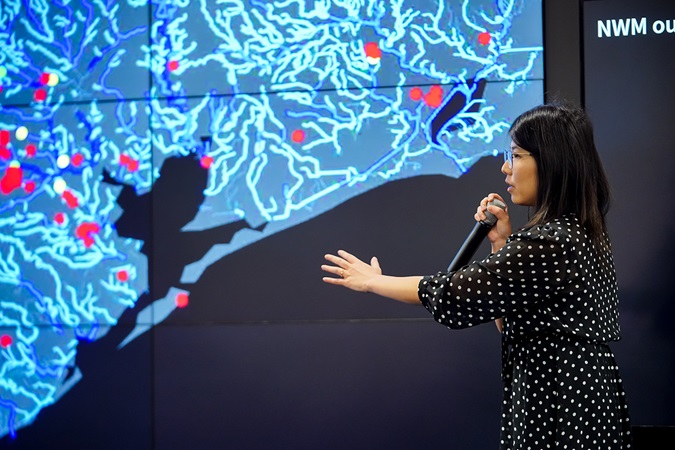
Poster sessions
Format: Poster sessions can be online or onsite. Onsite posters will include space in the poster hall and should be available online as iPosters and/or as PDFs. All poster sessions will include a group discussion or poster walk listed in the scientific program. Online-only posters and sessions can be accommodated including sessions using interactive poster technology (elightning-type sessions). All posters and poster sessions will have structured discussion time where poster presenters and chairs are expected to attend.
Speakers: No limit although large poster sessions may have multiple discussion sections. Individual discussion sessions will have up to eight speakers for 3-5-minute summary presentations or discussions.
Timing: Individual poster discussion sessions will be up to 45 minutes.
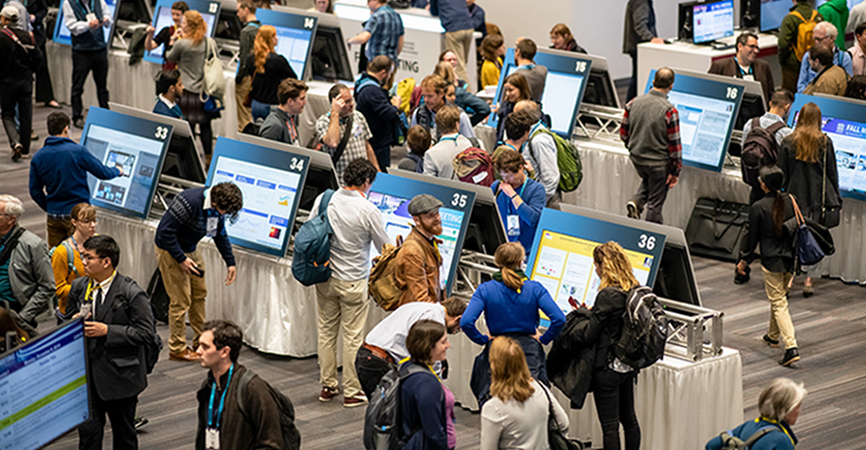
Roundtables / panels
Topic: Narrowly focused content on emerging topics significant scientific or scientific-education-policy interests that are suitable for interactive discussions.
Format: Brief introductions followed by moderated discussion led by 1-2 moderators. Most of the time should be focused on interactive discussions with audience participation / input. As part of the session proposals, the proposers should indicate how they plan to moderate the discussion and what general line of investigation they intend to pursue. Panels that include representation from diverse backgrounds are strongly encouraged.
Speakers: 3-6 roundtable / panel participants.
Timing: 60 minutes.
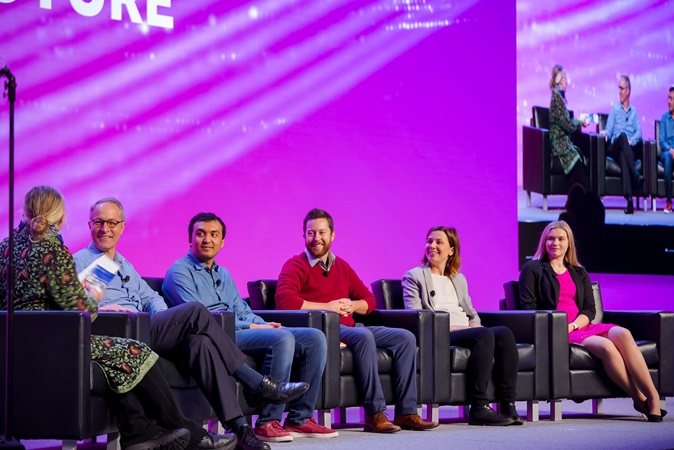
Innovative formats
We encourage session proposals that break the mold of the traditional science talk and are open to proposals for new session formats. If you have a great idea for a different kind of session, we would like to hear from you as long as the proposal meets the overall theme of the meeting and aligns with the overall session guidelines. Innovative session proposals will be reviewed by the FIHM Program Committee who will make the final decisions on acceptance of a proposal. To see examples of innovative sessions at other meetings:
• https://agu.confex.com/agu/fm20/webprogram/INNOVATIONS.html
• Innovative Sessions
Topic: Narrow or broad, focusing on the overall theme of the meeting: The Future of Water.
Format: Flexible but must include opportunities for discussion. Interactive formats such as flash talks, crowdsourcing, art-centered, and other innovative session types are strongly encouraged. An overview of how the session is novel must be provided. A full description of any audio-visual needs should be included in the proposal for it to be considered.
Speakers: Flexible but must include multiple participants.
Timing: 60 minutes.
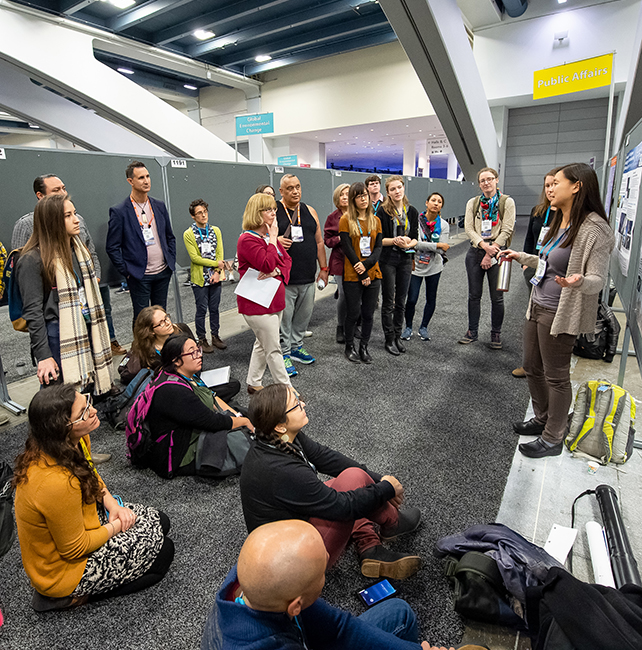
Session design recommendations
Consistent with AGU and CUAHSI’s strategic plans, the following types of proposals will be favorably reviewed by the FIHM Program Committee:
• Proposals that include interdisciplinary collaboration and partnership
• Proposals that focus on the future of water
• Proposals that include elements of water in the Caribbean basin
• Proposals that include students and early career scientists as active Co-Chairs and/or Speakers
• Proposals with speakers that represent diversity in gender, ethnicity, career experience, global location, and work settings
Your session design should:
-
1Include opportunities for attendee engagement such as Q&A, polling, virtual breakout rooms, or other innovative interactive elements such as graphic representations.
-
2Consider unique presentation types such as panel discussions, lightning talks, and Ted-Style talks.
-
3Focus on presentation styles that will engage attendees.
-
4Include a title that clearly and accurately communicates the content of the session, will generate interest among attendees, and is reflective of speaker talks.
-
5Clearly differentiate the content of the talks within the session.
-
6Describe the session flow and plans for operationalizing the details of the session, including a proposed use of social media.
-
7When appropriate, incorporate perspectives from multiple stakeholders.
-
8Allow at least 15 minutes for interactive Q&A with attendees.
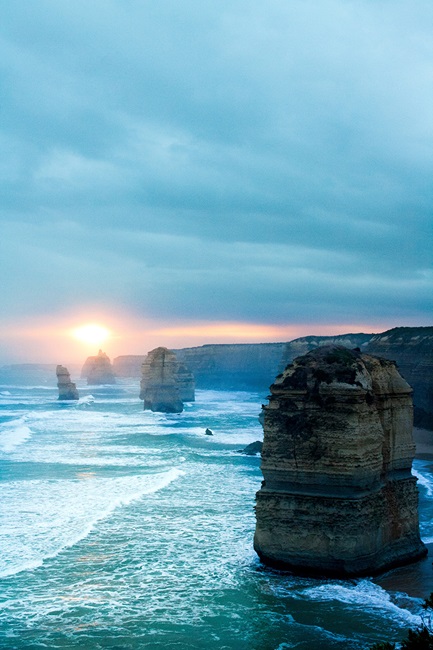
Chair responsibilities
As you prepare your proposal, we encourage you to focus on diversifying your conveners and ultimately the presenters once the proposal is approved. Diversity can be understood as diversity of race, geographic region, ethnicity, or gender, but also opinion, age, and domain of expertise. AGU and CUAHSI have made diversity and inclusion a foundational element of each society. It is the responsibility of all conveners to foster diversity and inclusion in the Earth and space sciences community.
1 — All sessions must have one convener and up to three co-conveners.
2 — Each session proposal should include at least one student or early-career individual (less than 10 years since PhD) as co-convener.
3 — Conveners are expected to moderate the interactive parts of their sessions.
4 — For remote and hybrid sessions, conveners are expected to ensure that remote audiences have an opportunity to participate in the discussion.
